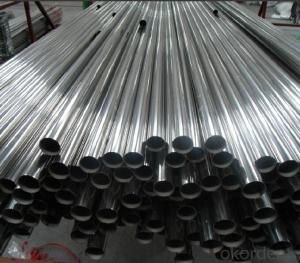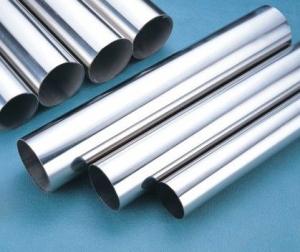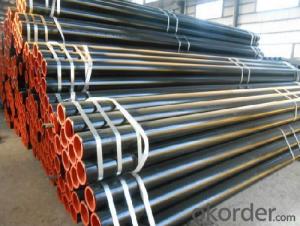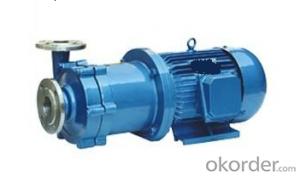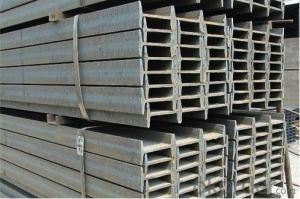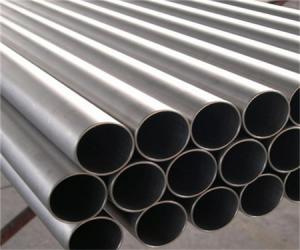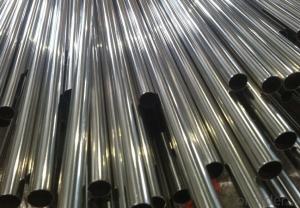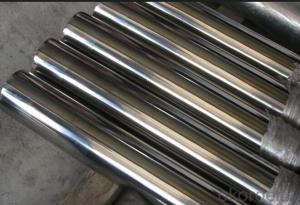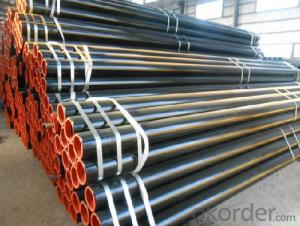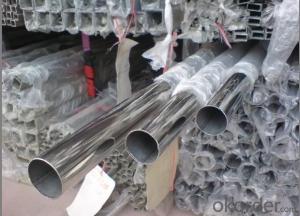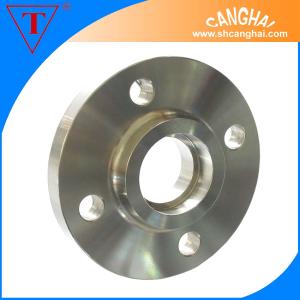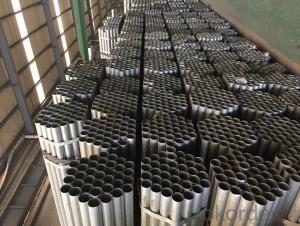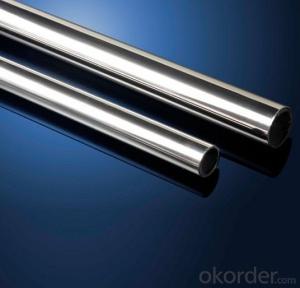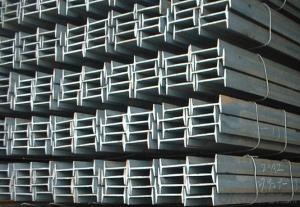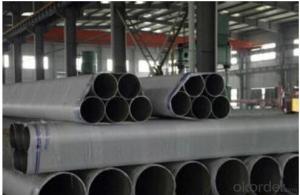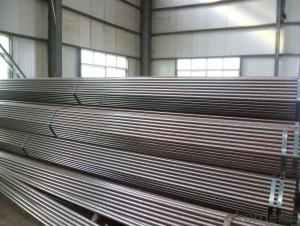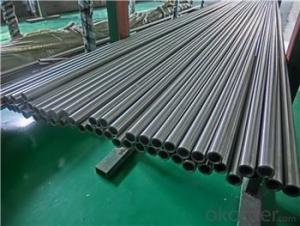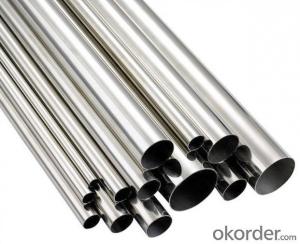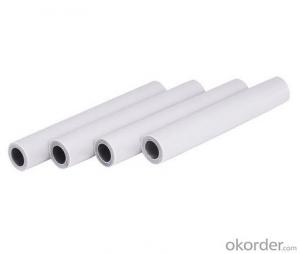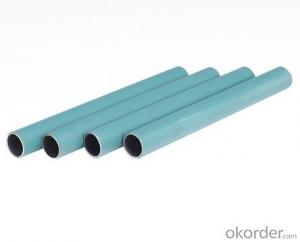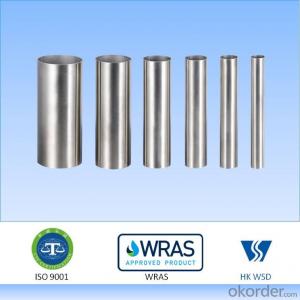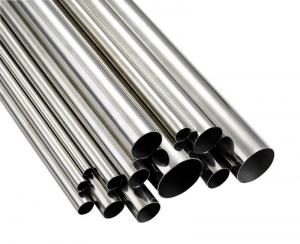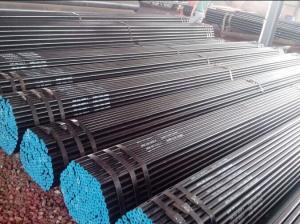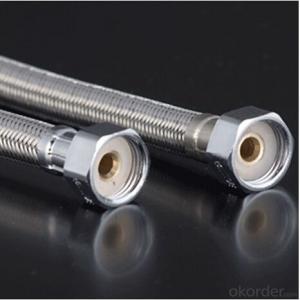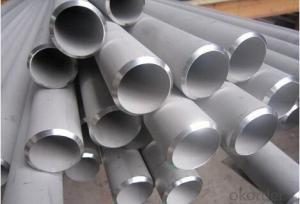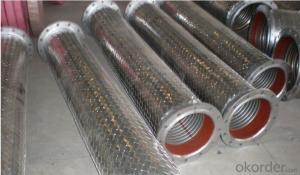Stainless Steel Tubes
Stainless Steel Tubes Related Searches
Best Paint For Stainless Steel Blanket Insulation For Steel Buildings Primer For Galvanized Steel Foam Filter For Stainless Steel H S Code For Stainless Steel Surface Grinding Wheels For Stainless Steel Surface Grinding Wheels For Hardened Steel Hole Saw For Stainless Steel Paint For Stainless Steel Stainless Steel For BbqHot Searches
Steel Mesh Panels For Sale Price For Stainless Steel Scrap Scrap Price For Stainless Steel Price For Stainless Steel Stainless Steel Tank For Sale Stainless Steel Sheets For Sale Cheap High Tea Sets For Sale Stainless Steel Tanks For Sale Stainless Steel For Sale High Density Fiberboard For Sale Solar Hot Water Collectors For Sale Scaffolding For Sale In Uae Scaffolding For Sale In Ireland Scaffolding For Sale In Houston Type Of Inverter For Solar Price Of Shipping Containers For Sale Types Of Inverter For Solar Stock Price For Aluminum Used Solar Inverter For Sale Steel Mesh Panels For SaleStainless Steel Tubes Supplier & Manufacturer from China
Okorder.com is a professional Stainless Steel Tubes supplier & manufacturer, offers integrated one-stop services including real-time quoting and online cargo tracking. We are funded by CNBM Group, a Fortune 500 enterprise and the largest Stainless Steel Tubes firm in China.Hot Products
FAQ
- Stainless steel pipes have the capability to be utilized for food processing equipment. The food industry highly favors stainless steel due to its ability to resist corrosion, its durability, and its hygienic properties. It does not interact with food or beverages, guaranteeing the absence of contamination or alteration of the product. In addition, stainless steel pipes are easily cleaned and maintained, making them an ideal option for use in food processing equipment where cleanliness and food safety are crucial. Furthermore, stainless steel has the capacity to endure high temperatures and pressures, which are often necessary in food processing operations. In conclusion, stainless steel pipes are a suitable choice for food processing equipment and are extensively employed in the industry.
- Stainless steel pipes are generally more resistant to corrosion and rust than carbon steel pipes. They have higher strength and durability, making them suitable for various applications, including those requiring high pressure or extreme temperatures. While carbon steel pipes are typically more affordable, they are susceptible to corrosion and may require additional protective coatings. Ultimately, the choice between stainless steel and carbon steel pipes depends on the specific requirements and environment of the intended use.
- One way to prevent leakage in stainless steel pipes is to ensure proper installation and fitting of the pipes. This includes using high-quality gaskets, seals, and compression fittings that are compatible with stainless steel. Additionally, regular inspection and maintenance of the pipes, including checking for any signs of corrosion or damage, can help identify and address potential leak points before they become problematic.
- The external protection used for stainless steel pipes primarily involves the application of a protective coating or treatment to prevent corrosion and maintain the integrity of the pipes. This is important because even though stainless steel is known for its resistance to corrosion, it is still susceptible to environmental factors and can corrode under certain conditions. One commonly used external protection method is the application of a corrosion-resistant coating such as epoxy, polyethylene, or zinc. These coatings act as a barrier between the stainless steel pipe and the surrounding environment, preventing direct contact and potential corrosion. The coating also helps to protect the pipe from physical damage, such as scratches or abrasions, that could lead to corrosion. Another method of external protection is the use of cathodic protection, which involves the placement of sacrificial anodes or the application of an electric current to the stainless steel pipe. This process helps to direct the corrosion away from the pipe by sacrificing the anodes or by creating an electrochemical reaction that inhibits corrosion. Additionally, external protection may also involve the use of insulation materials to prevent condensation and moisture buildup on the pipe's surface. Moisture can accelerate corrosion, so proper insulation can help maintain the integrity of the stainless steel pipes. Overall, the external protection used for stainless steel pipes aims to prevent corrosion and maintain the longevity and reliability of the pipes. By implementing various protective coatings, cathodic protection, and insulation, stainless steel pipes can be safeguarded from environmental factors and ensure their optimal performance.
- Yes, stainless steel pipes are suitable for high-temperature applications. Stainless steel has excellent heat resistance properties and can withstand extreme temperatures without losing its structural integrity. It is commonly used in industries such as power generation, oil and gas, chemical processing, and aerospace, where high-temperature environments are prevalent.
- Yes, stainless steel pipes are highly suitable for pharmaceutical applications. Stainless steel is a corrosion-resistant material that meets the strict hygiene and cleanliness requirements of the pharmaceutical industry. It is non-reactive, easy to clean, and has excellent resistance to chemicals, making it ideal for transporting pharmaceutical products safely and maintaining their integrity. Additionally, stainless steel pipes can withstand high temperatures and pressures, ensuring the efficiency and reliability of pharmaceutical processes.
- Yes, stainless steel pipes are highly suitable for pharmaceutical industries. They offer excellent corrosion resistance, durability, and hygienic properties, making them ideal for transporting and storing pharmaceutical products. Stainless steel pipes are easy to clean, maintain, and sterilize, ensuring the integrity and safety of the pharmaceutical products being handled. Additionally, stainless steel is non-reactive, meaning it does not contaminate or affect the quality of the pharmaceutical substances being transported, making it a reliable choice for the pharmaceutical industry.
- Stainless steel pipes can experience several corrosion problems that are commonly encountered. One of the most frequent issues is pitting corrosion, which manifests as small pits or holes present on the pipe's surface. The main cause of pitting corrosion is exposure to chloride ions, which can be derived from substances like saltwater or specific types of cleaning agents. Another prevalent corrosion problem is crevice corrosion. This occurs within the narrow gaps or crevices between the pipe and other surfaces. Moisture or other corrosive substances often become trapped in these gaps, leading to localized corrosion. Crevice corrosion is frequently observed in areas where the pipe is joined or in poorly ventilated regions. Stress corrosion cracking is a well-known issue that affects stainless steel pipes. It arises when the material is subjected to both tensile stress and a corrosive environment. Consequently, cracks can form in the pipe, potentially resulting in leaks or structural failure. Lastly, galvanic corrosion is a typical concern when stainless steel pipes come into contact with other metals. When two dissimilar metals are in contact in the presence of an electrolyte, like water, a galvanic cell can form and cause corrosion. To prevent this, it is crucial to utilize appropriate insulation or isolation techniques when connecting stainless steel pipes to other metals. Although stainless steel is renowned for its resistance to corrosion, it is not entirely impervious to such issues. Familiarizing oneself with these common corrosion problems and implementing preventive measures can effectively ensure the durability and dependability of stainless steel pipes.
















